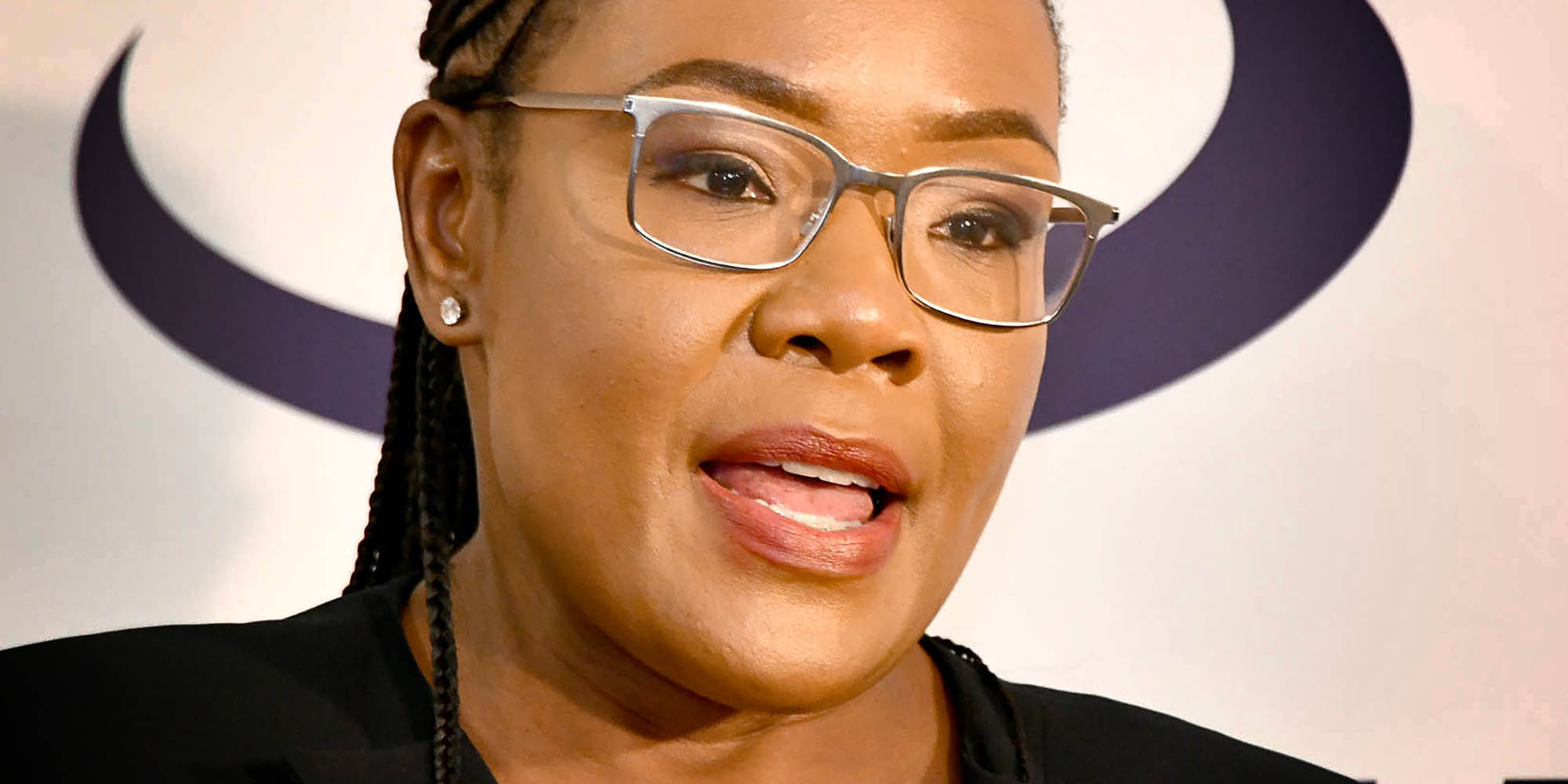Auditor-General (AG) Tsakani Maluleke has one message for the seventh administration: “We’ve got to push back on the culture of no accountability and no consequences.”
Maluleke was speaking on Tuesday, 26 November, during a briefing to parliamentary committee chairpersons to discuss the overview of the Auditor-General South Africa’s findings in 2023/2024.
In the 2023/2024 financial year, 142 auditees received clean audits. That includes 63 departments and 79 public entities. According to the AG’s report, these auditees managed R266.28-billion (13%) of the R2.07-trillion spent by national and provincial governments.
Read the full report here.
“We as team AGSA [Auditor-General South Africa] will continue to do our part. However, the moment requires everyone in the ecosystem to be seized with this,” Maluleke said.
She said the government needed to deal with the “ineffective management of the resources we have” and invest in better planning, with better coordination. She said there needed to be discipline in the execution of projects.
Too many non-submissions
Maluleke said there were “far too many” entities that did not submit financial statements on time.
Breaking down some of the departments which did not submit their financials, Maluleke highlighted: South African Airways (SAA), Mango Airlines, the North West Transport Investments Group, Denel and Denel Vehicles Systems, Coastal TVET College, the National Student Financial Aid Scheme and the South African Post Office.
Referring to the North West Transport Investments Group, Maluleke said, “That needs constant attention.” The entity has filed late submissions for the past five years.
She said entities such as SAA and Denel had financial issues which played a role in their outstanding financial statement submissions.
“The fact that these audits are outstanding points to a significant weakness from an accountability point of view,” she said.
The UIF
Speaking about entities that did not submit on time, Maluleke singled out the Unemployment Insurance Fund (UIF), which is meant to offer short-term assistance to workers when they become unemployed or are unable to work because of illness.
“I want to draw your attention to the Unemployment Insurance Fund, which for many years has not submitted financial statements on time and so it misses the accountability processes within Parliament,” she said.
For the past five years, the UIF has not submitted financial statements on time.
“And if you think about the significance of the amount of money that flows through [the UIF] and the significance of the role they ought to play in our socioeconomic framework, it is crucial that oversight be seized with this matter of the UIF.”
Signs of improvement
“The good thing is, the improvements tell us what’s possible,” said Maluleke as she gave reasons for positive audit figures.
These include internal audit committees doing their work and stability in financial offices.
In the 2018/2019 financial year (which was the last of the fifth administration), there were only 93 clean audits, compared with last year’s 142.
“By 2023/24, 139 auditees had improved their outcomes and 50 had regressed – an overall net improvement of 24%,” read the AG’s report, which outlined all her office’s audit outcomes.
According to the AG, the Western Cape, Gauteng, KwaZulu-Natal and the Eastern Cape had the highest number of clean audits.
There were 17 national departments which received clean audits. Western Cape (15) had the highest number of clean audits, followed by Eastern Cape, Gauteng and KwaZulu Natal, which had four clean audits each. North West and Mpumalanga had only one clean audit each.
“What we need to do is get more and more of that across the board,” she said.
“The quality of financials that are being submitted to us still need attention,” said Maluleke on Tuesday.
R1bn owed to AG in audit fees
Earlier this week, during a parliamentary media briefing, the chair of the oversight committee on the AG, Wouter Wessels, said municipalities and state-owned enterprises (SOEs) owed R1-billion to the AG’s office. He warned that outstanding fees could balloon, similar to how Eskom’s debt grew.
During a media briefing on Tuesday afternoon, Daily Maverick asked Maluleke if she was concerned.
“What we have seen is that the situation has been getting worse over a period of time and we’ve highlighted this risk for a number of years … The reason for poor payment of fees that are due to the office tends to be linked with poor financial management practices, especially in municipalities.”
Maluleke said SOEs that owed her office were in “financial difficulties”, like Denel.
“Are we worried? Yes, we are concerned because the audit office has to have the capability it requires to fulfil its mandate. We can’t not audit anyone,” she said.
“The office is not in crisis, but my concern is that we have to keep forgoing investments in capital assets that we need to make for greater efficiency in the future, because when you don’t have the cash available, you then make trade-offs, and you delay investment in key projects that would guarantee better efficiency, a better quality of work to the future … So that’s my concern.”
On Wednesday, 27 November, Maluleke will appear before Parliament’s finance watchdog, the Standing Committee on Public Accounts, to speak about the audit outcomes. This will be the first in a series of briefings to the various parliamentary oversight committees to discuss the outcomes of the different entities. DM





